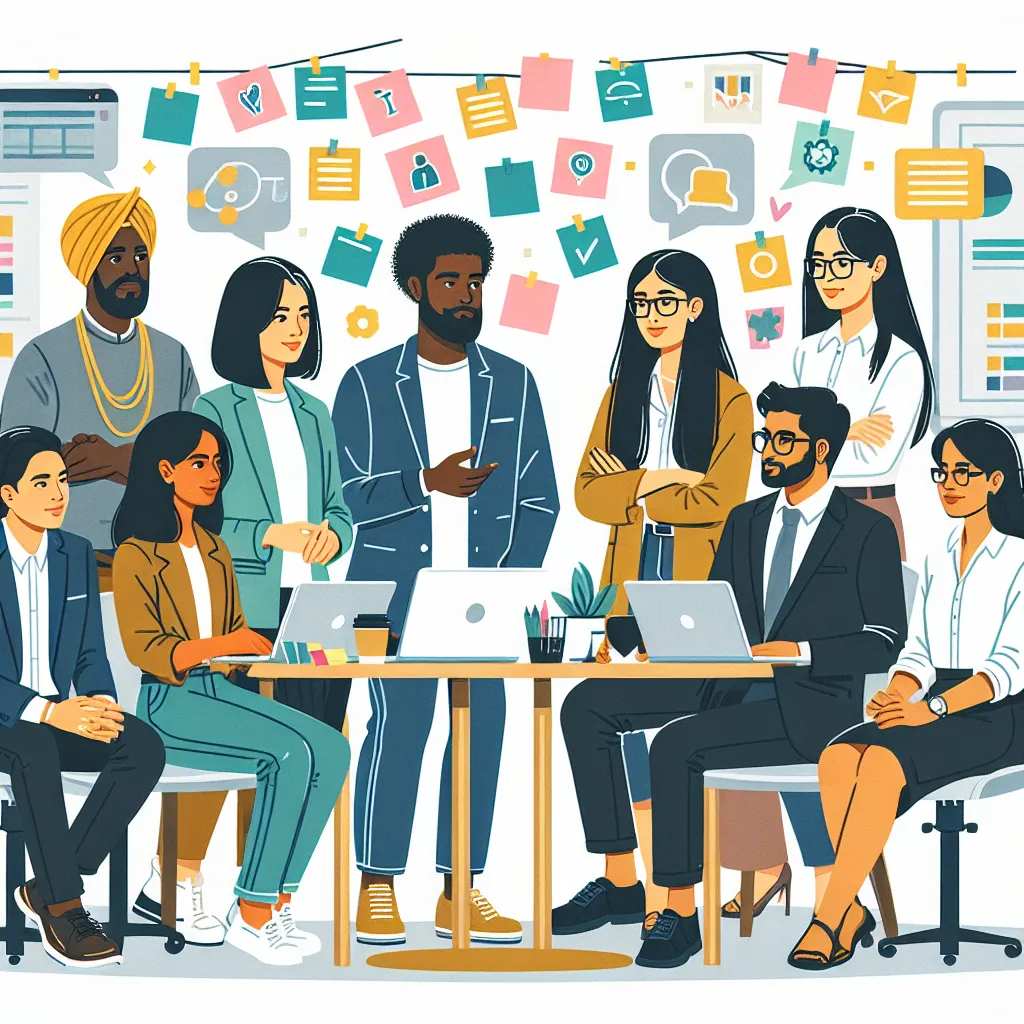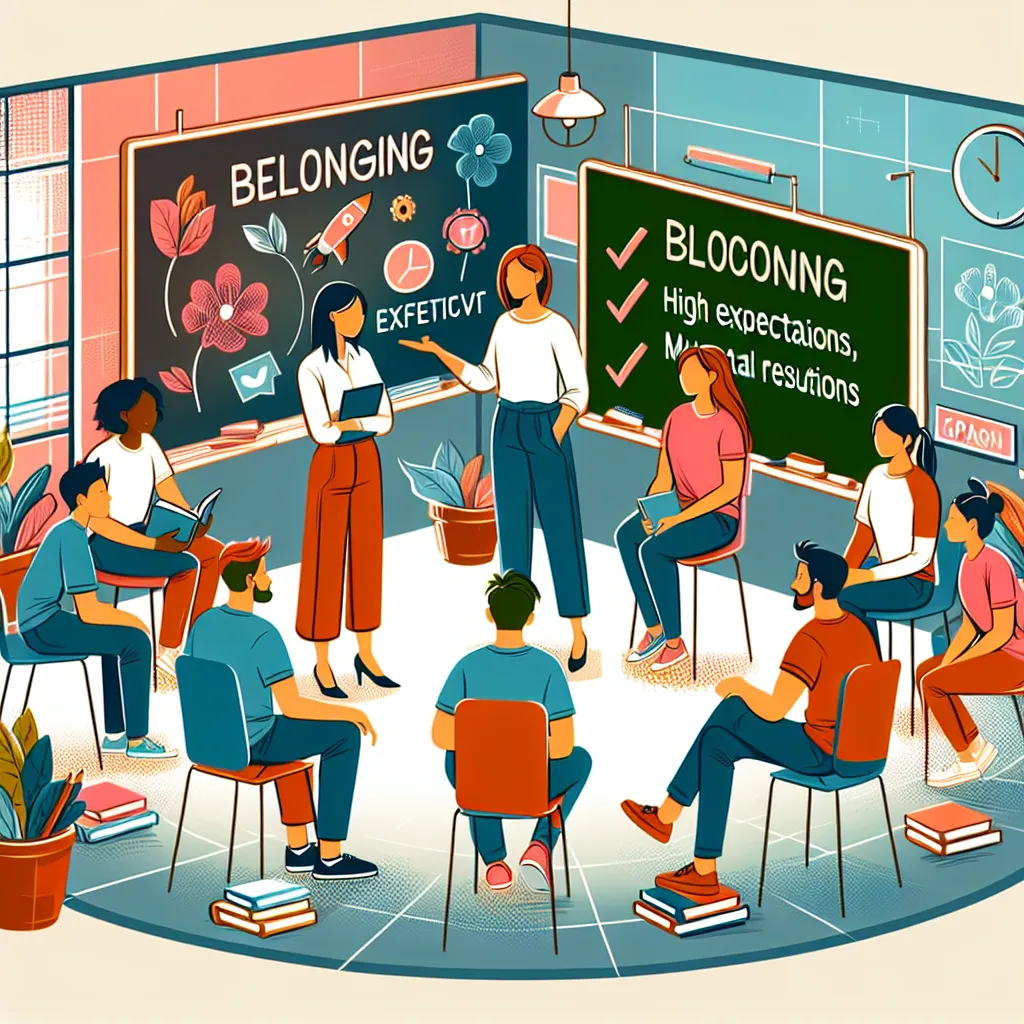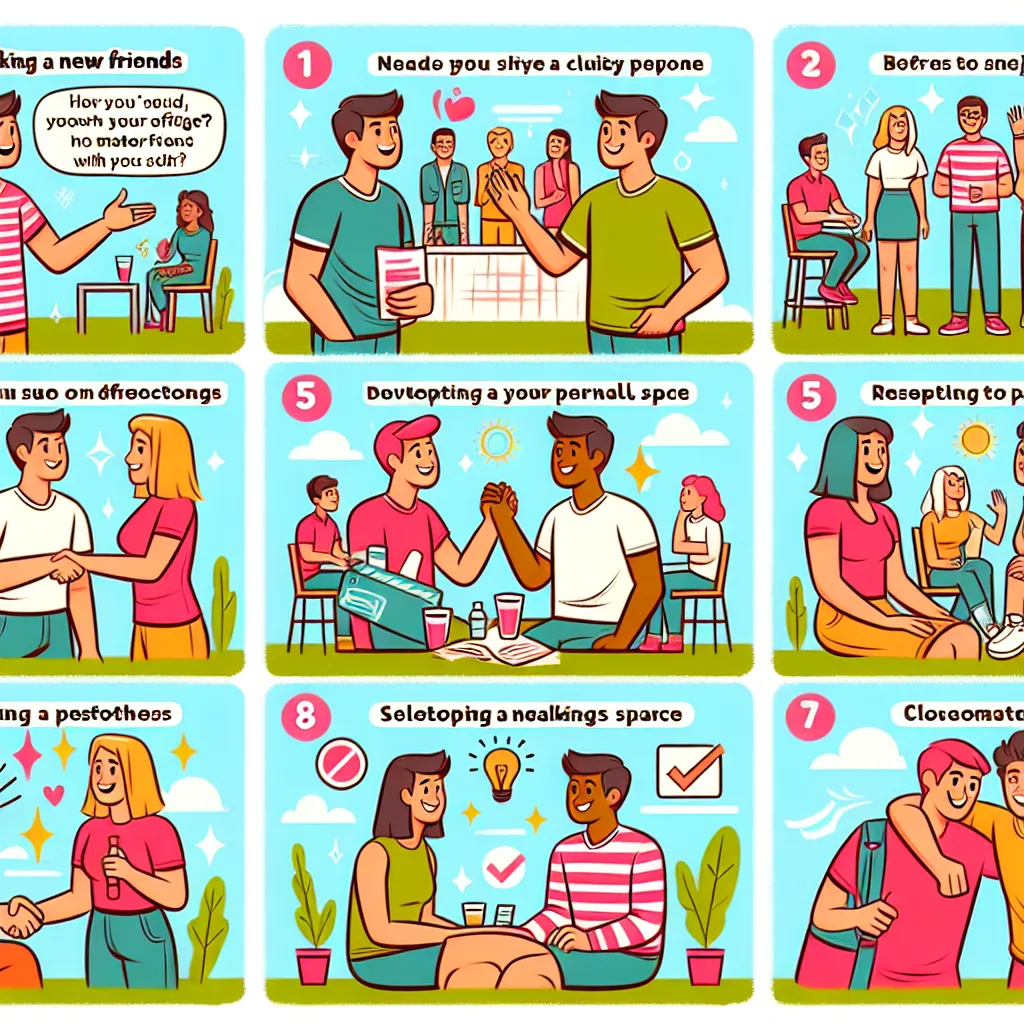Ask AI on The Internet
Question: How do you build and maintain relationships with colleague's, clients and other stakeholders?
Building and maintaining relationships with colleagues, clients, and other stakeholders is fundamental for personal and professional success. Here are some tips and strategies to help you foster and sustain these relationships effectively: ### Building Relationships 1. **Effective Communication**: - **Active Listening**: Pay attention, show interest, and reflect on what others say. This demonstrates respect and understanding. - **Clarity and Conciseness**: Be clear and concise in your communication to avoid misunderstandings. 2. **Reliability and Dependability**: - **Meet Commitments**: Follow through on promises and meet deadlines. Reliability builds trust over time. - **Consistency**: Being consistent in your behavior and work ethic assures others of your reliability. 3. **Show Respect and Courtesy**: - **Respect Diversity**: Embrace and respect differences in opinions, cultures, and personalities. - **Politeness**: Simple manners and being courteous go a long way in making positive impressions. 4. **Be Proactive**: - **Initiate Contact**: Don't always wait for others to reach out. Initiating communication can show initiative and interest. - **Offer Help**: Whenever appropriate, offer your assistance. Helping others builds goodwill. 5. **Build Trust**: - **Transparency**: Be honest and transparent in your dealings. Trust is a cornerstone of any strong relationship. - **Confidentiality**: Respect confidentiality, especially with sensitive information. 6. **Networking**: - **Attend Events**: Participate in industry events, conferences, and social gatherings. - **Engage on Social Media**: Use platforms like LinkedIn to connect and engage with colleagues, clients, and stakeholders. ### Maintaining Relationships 1. **Regular Communication**: - **Check-Ins**: Schedule regular check-ins, be it through meetings, calls, or emails. - **Follow-Up**: After meetings or important discussions, send follow-up messages to recap and reaffirm commitments. 2. **Show Appreciation**: - **Acknowledge Contributions**: Regularly recognize and appreciate others' contributions. - **Thank You Notes**: Small gestures like sending thank-you notes can leave a lasting impression. 3. **Personal Touch**: - **Remember Details**: Remembering personal details like birthdays or significant life events shows that you care beyond professional interactions. - **Celebrate Milestones**: Acknowledge and celebrate business and personal milestones. 4. **Resolve Conflicts Swiftly**: - **Address Issues Early**: Don't let misunderstandings fester. Address them promptly to avoid escalation. - **Seek Win-Win Solutions**: Aim for resolutions that satisfy all parties involved. 5. **Continuous Improvement**: - **Feedback Loop**: Regularly seek and provide constructive feedback. - **Professional Development**: Keep improving your skills and knowledge to remain a valuable and competent partner. 6. **Adaptability**: - **Flexibility**: Be willing to adapt to new situations, perspectives, and needs. - **Open-Mindedness**: Stay open to feedback and willing to adjust your approaches as necessary. 7. **Show Empathy**: - **Understand Perspectives**: Put yourself in others' shoes to understand their viewpoints and feelings. ### Specific Strategies for Clients and Stakeholders 1. **Understand Their Needs**: - **Customized Solutions**: Offer solutions that are specifically tailored to their needs and challenges. - **Regular Reviews**: Periodically review goals, progress, and satisfaction. 2. **Build Credibility**: - **Expertise Demonstration**: Regularly demonstrate your knowledge and expertise to build confidence. - **Case Studies and Testimonials**: Share success stories and testimonials from other clients. 3. **Contract Management**: - **Clear Agreements**: Have clear, well-documented agreements to avoid misunderstandings. - **Regular Updates**: Provide regular updates on the progress of projects or services. 4. **Value Addition**: - **Suggest Improvements**: Even if not asked, suggest improvements or innovations that could benefit them. - **Educational Resources**: Provide additional resources, such as whitepapers, seminars, or training sessions. By consistently applying these strategies, you'll cultivate strong, healthy relationships that can weather challenges and yield mutual benefits over time.
Think your answer is better than the AI's? Post it below.
Other Most Relevant Posts:
 Ask AI: How do you Project a Confident and Professional Corporate Image in a Premium Brand as an employee
Ask AI: How do you Project a Confident and Professional Corporate Image in a Premium Brand as an employee
Question Tags
If you want your question answered by an AI, click here.






Post your own comment: